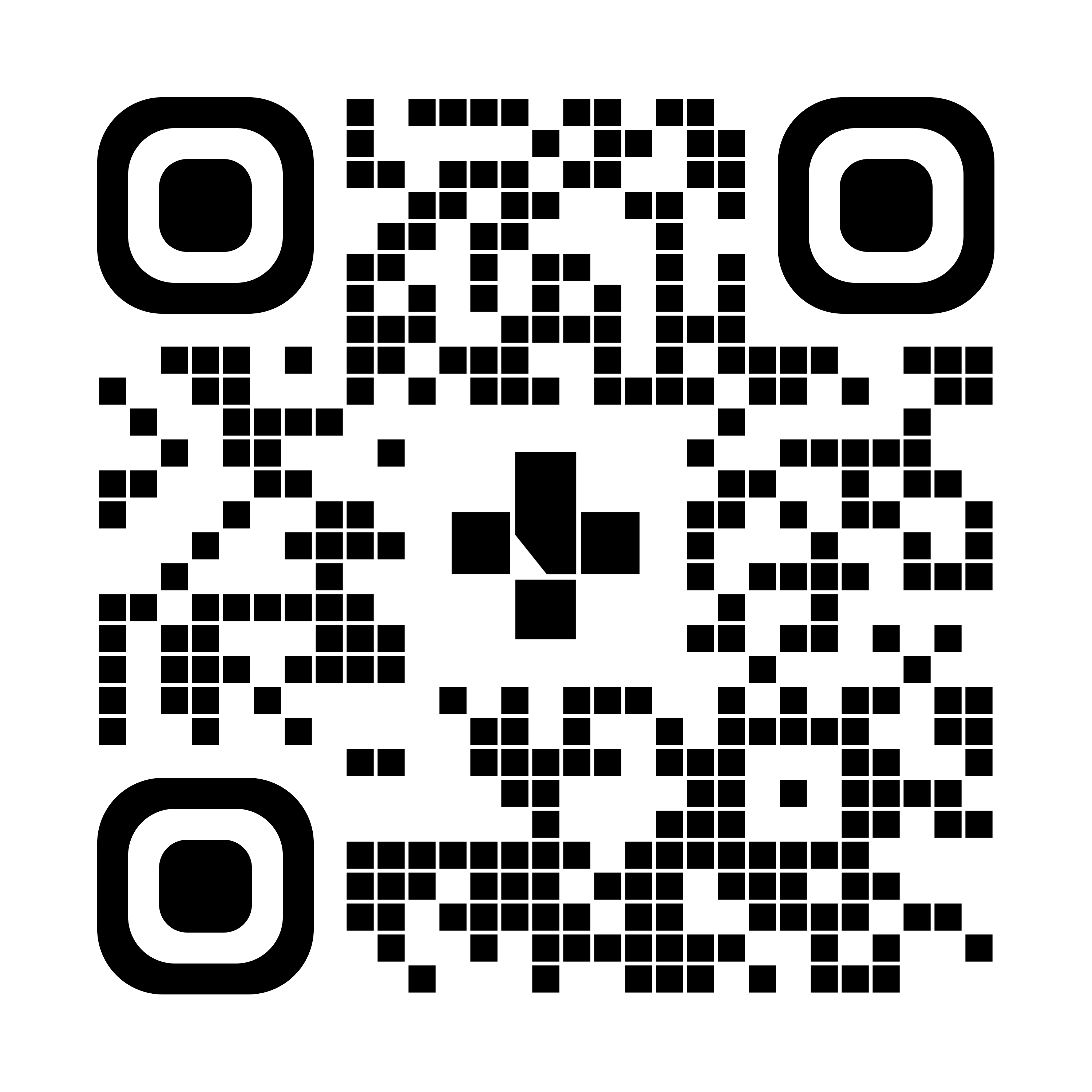Functional Neurological Disorder
Functional neurological disorder (FND) is a condition that causes problems with how your brain works. If you think of your brain as a computer, FND is a problem with your brain’s “software.”
FND is common, and it can have many different symptoms.
Symptoms
Your FND symptoms may be different than other people’s symptoms, because the brain is very complex.
It’s important to know that your symptoms are real. You are not making them up, and they are not your fault.
Symptoms may include:
- movement issues—tremors, jerks, spasms, weakness, or trouble walking
- sensory changes—numbness, tingling, pain, or dizziness
- problems with fatigue—often feeling very tired
- thinking (cognitive) difficulties—trouble with memory, concentration, or thinking clearly
- speech and swallowing problems
Having any of these symptoms can be stressful. They can make it hard for you to do your regular activities.
With a treatment plan, your symptoms can get better, and you can recover.
Risk factors
There are different risk factors for developing FND.
Some people have these risk factors and have no FND symptoms. We do not know why some people develop FND and others do not.
Risk factors may include:
- biological risk factors—how your body works, such as medical conditions, injuries, or medical procedures
- psychological risk factors—how you think and feel, including your mental health
- social risk factors—your environments, such as having a lot of stress at work or at home
Diagnosis
Your healthcare provider will do a physical exam to diagnose FND.
Your healthcare provider will also ask you about things that happened to you before, during, and after your symptoms started.
They may order blood tests and imaging tests, such as an MRI. But FND does not usually show up on these tests, and your results will likely be normal.
What you can do
Make a plan
Talk with your healthcare provider to make a treatment plan for your situation and symptoms.
Your healthcare provider may recommend a rehabilitation program, which might include working with a physiotherapist, occupational therapist, speech-language pathologist, or a combination of these.
Your healthcare provider may also refer you for more support, such as from a:
- neurologist (a doctor who specializes in the nervous system)
- psychiatrist
- psychologist
- social worker
Learn more
Learning as much as you can about FND and how your brain works is important for your recovery.
Visit the following websites to learn more about FND and its symptoms:
If you have any questions, talk to your healthcare provider.
To see this information online and learn more, visit MyHealth.Alberta.ca/health/aftercareinformation/pages/conditions.aspx?hwid=custom.ab_fnd_inst.

For 24/7 nurse advice and general health information call Health Link at 811.
Current as of: July 29, 2025
Author: Neurosciences and Stroke, Acute Care Alberta
This material is not a substitute for the advice of a qualified health professional. This material is intended for general information only and is provided on an "as is", "where is" basis. Although reasonable efforts were made to confirm the accuracy of the information, Alberta Health Services does not make any representation or warranty, express, implied or statutory, as to the accuracy, reliability, completeness, applicability or fitness for a particular purpose of such information. Alberta Health Services expressly disclaims all liability for the use of these materials, and for any claims, actions, demands or suits arising from such use.
